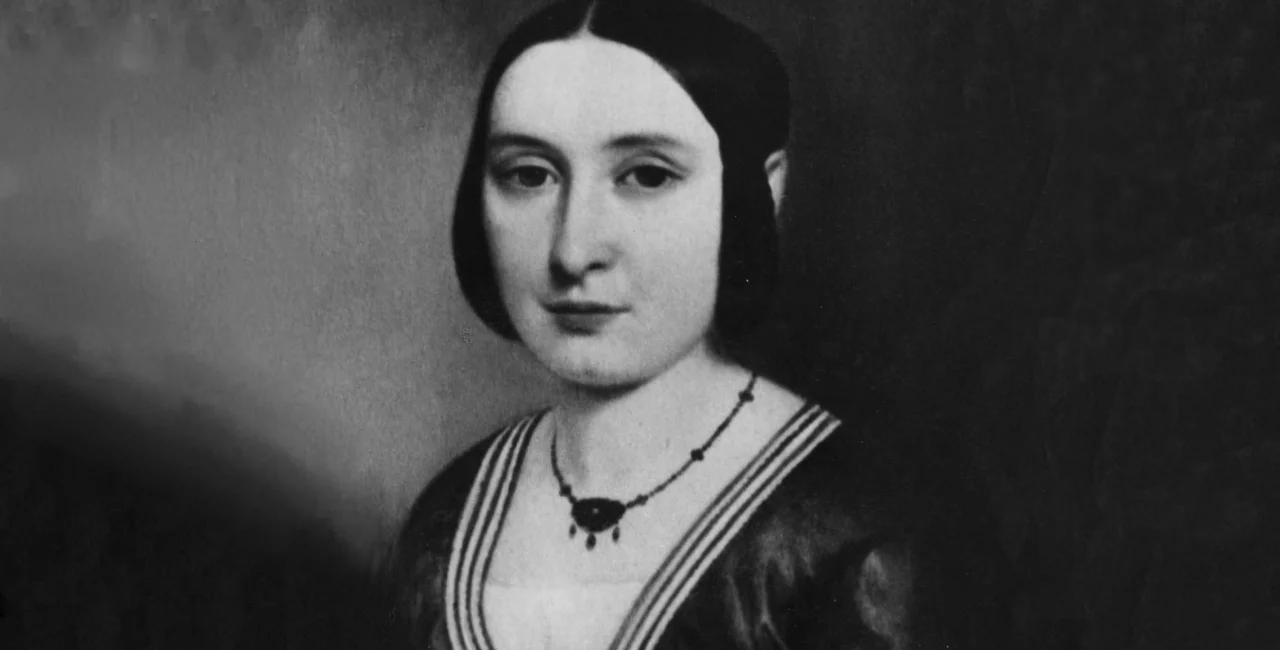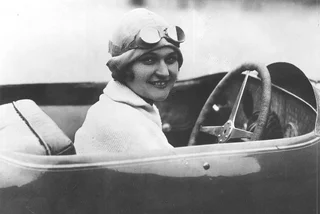In Prague (and České Budějovice, Kladno, Třebíč, and elsewhere throughout the Czech Republic), you’ll find a street that bears her name. Several busts and monuments, including a bronze on Karlovo náměstí, have been erected in her honor.
A humble tombstone bearing her name can be found in Prague’s Olšany Cemetery. So who was this historic figure with the captivating name?
PARTNER ARTICLE
The National Museum will attempt to answer this question with its March 7 “Karolína Světla 190: Writer, activist, woman” event at the Náprstek Museum. The day-long celebration will honor the 19th-century author and advocate for women’s education who would have celebrated her 190th birthday at the end of February this year.
Lectures, theater performances, workshops for children, and an exhibit of objects from her estate will highlight the day’s activities. A representative of the Discovery Nature Trail “In the Footsteps of Karolina Světlá” will share recordings and photos.
Established in 2015, the trail, located in the Podještědí region, was created in her memory. The area played a significant role as a setting in her books while holding the key to her pen name.
Johana Nepomucena Mužáková née Rottová, was born in Prague on February 24, 1830. Having lost the ability to read or write Czech after being enrolled in a German school, she had written her first book, an entire almanac, by the time she was twelve.
Her teacher discouraged her from writing and suggested that her parents instead prepare her for an inevitable life of domesticity. Piano teacher Petr Mužák who taught at the Rott family’s house helped Johana find a way back to the Czech language — they married in 1852.
While the couple lived in Prague, on Ve Smečkách Street and near Karlovo náměstí, during the summers, for 35 years, they would visit the village of Světlá, Mužák’s birthplace in the Ještěd foothills.
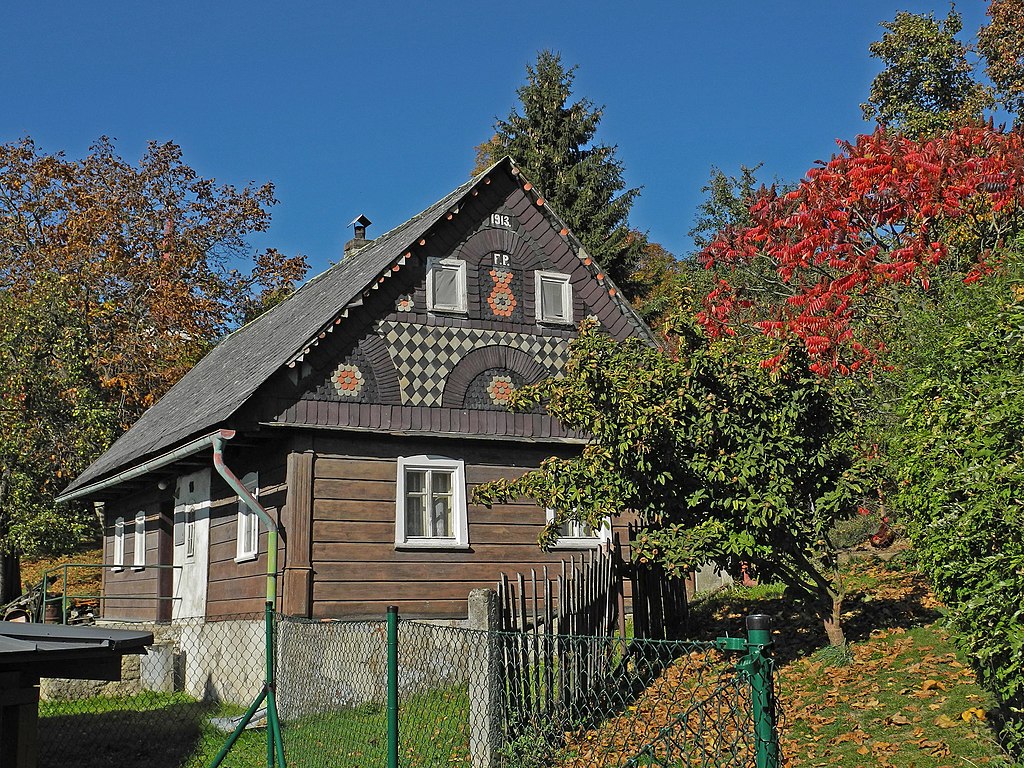
It was here that the writer based some of her most famous works and here from which she would eventually take her pseudonym. (Karolína, comes from her niece, who was born the same year as Světlá’s daughter, Boženka, died.)
Světlá would go on to play an invaluable role in the context of the 19th-century national revival, recording local traditions and linguistic peculiarities, folk sayings, nursery rhymes, and weather proverbs from the Podještědí area.
To this day her body of work remains an extraordinary accounting of a region famed for its local folk architecture, costumes, and traditions.
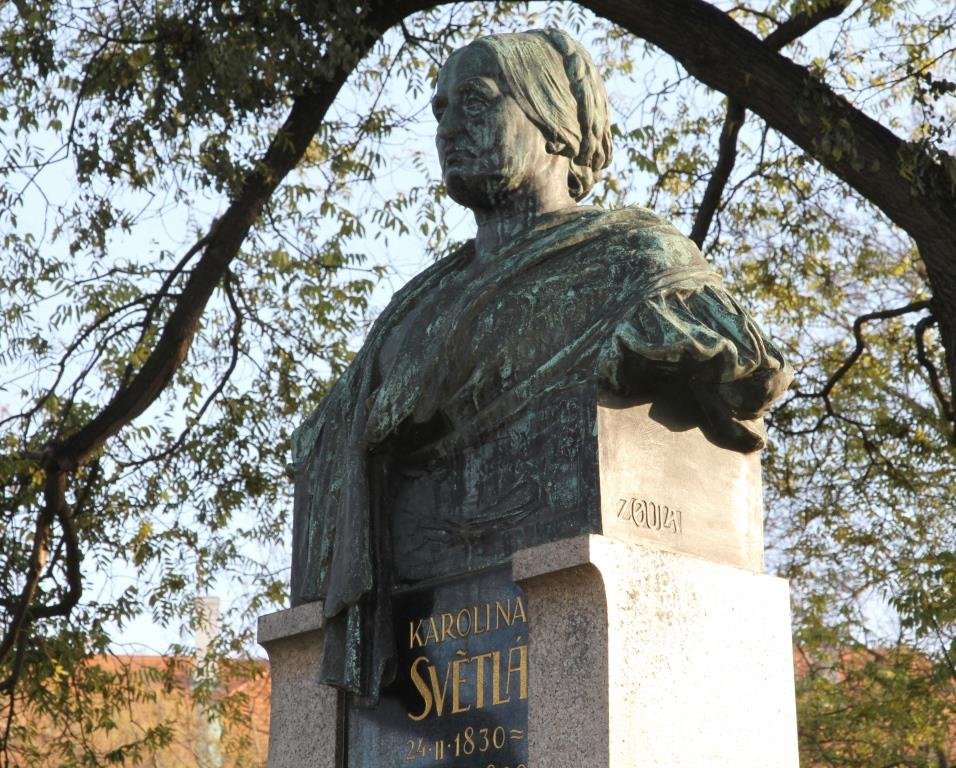
Světlá’s most important work was 1867’s The Village Novel which depicts the struggle for equality in a marriage. She wrote a total of eighteen books in Czech. Her 1871 short story “The Kiss” would become the source material for the famous opera by Bedřich Smetana Hubička in 1876.
She would become associated with the “May School” of writers, in particular poet Jan Neruda with whom she was romantically involved.
Together with Vojtěch Náprstek for whom a branch of the National Museum is named, she co-founded the American Women’s Club in the 1860s in Prague. She also wrote the article “On Bringing Up a Woman (O vychování ženy)” for the magazine Blossoms (Květy), a groundbreaking text on women’s issues in the Czech lands.
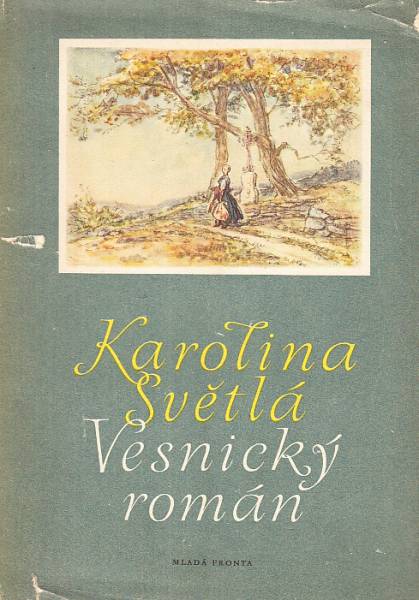
Světlá is often historically associated with other women who had an immeasurable impact on both Czech letters and the position of women in society: Božena Němcová, Teréza Nováková, Magdalena Dobromila Rettigová, Eliška Krásnohorská, and Sofie Podlipská.
- Though her books were translated into English, they are difficult to find. Here is a short audio translation from one of her stories.
- This is an English-language excerpt from The Village Novel.
- To read more about the author in English visit the official website for the Discovery Nature Trail “In the Footsteps of Karolina Světlá” www.karolinasvetla.cz/en/
Karolína 190: Writer, activist, woman
Saturday, March 7, 14:00-19:00
Náprstkovo Museum of Asian, African, and American culture
www.nm.cz
Who is your favorite author of Czech literature?












 Reading time: 3 minutes
Reading time: 3 minutes 